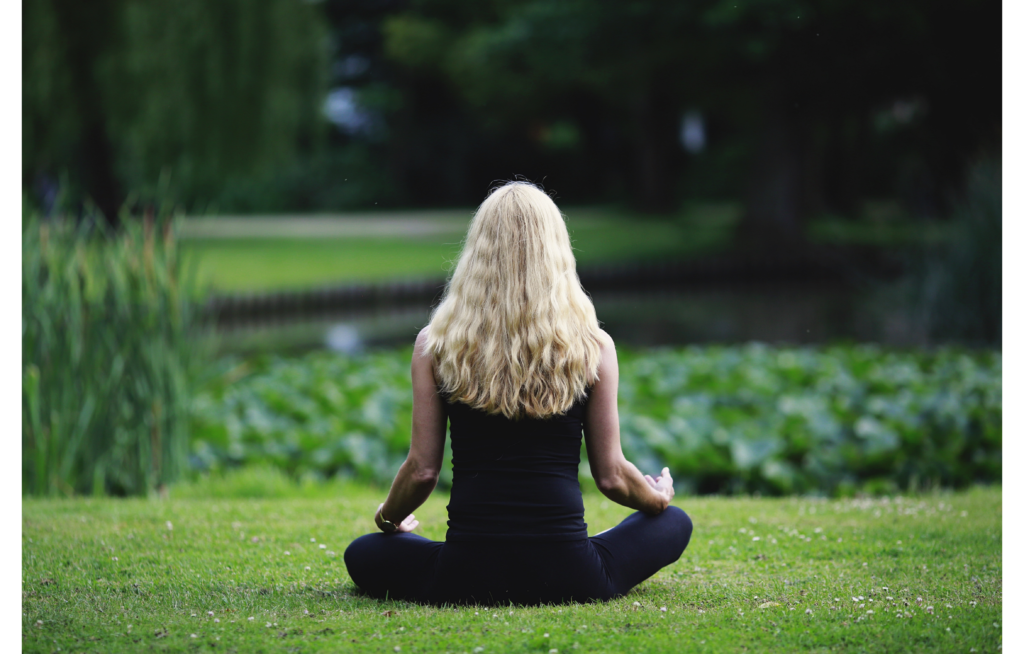
The countdown to Christmas is officially on. From cost-saving tips to managing a full house since before the pandemic, here are 5 ways to reduce your stress levels this festive season.
It’s the most wonderful time of the year… so Andy Williams tells us in his classic Christmas number. But the Yuletide season comes with a caveat – it can also be one of the most stressful times of the year.
Between buying presents, cooking an overwhelming number of festive meals and entertaining the in-laws (not to mention the clean up after they leave), 81% of us think that Christmas is a major catalyst for stress.
So, given it’s the season to be jolly, we have laid out some tips on how to manage the pressures of the impending Christmas period, and why it’s okay to not always be full of festive cheer.
1. Plan ahead
There is little more stressful than leaving everything to the last minute.
If you’re entertaining, it’s helps to know well in advance exactly who’s coming to stay – and when they are going to arrive. Then you can start preparing the house.
You then can also think about the Christmas shop, which, if you’re ahead of yourself, can be done online.
Preparing the festive feast in advance will also help ease stress on the day.
Crafty tip? Think about making your stuffing or bread sauce a few days before and freezing it until you need it.
2. Trim back (on all the trimmings)
Here are some ways that people can trim back on how much they fork out during the festive season.
- Buy a locally grown Christmas tree – a number of supermarket chains are offering cheaper trees that are grown closer to home, or opt for a sustainable one (and keep it alive for next year)
- Choose chicken – if you have a lot of mouths to feed over the festive period, you could reduce costs by having a chicken on the big instead of a more expensive turkey or goose
- Secret Santa – make Christmas mysterious by opting for Secret Santa with friends and family
- Reduce paper prices – swap out expensive Christmas wrapping paper with brown paper. A piece of ribbon can soon spruce up your pressie
3. Have a cuppa
Consider cutting back on alcohol.
And switching up your drinking habits isn’t only good for your pocket, but it will also help reduce stress over the festive period aside from its other health benefits.
Alcohol has been found to enhance stress and anxiety, and if you’re drinking because you’re stressed that can also contribute to feelings of depression.

Mindful drinking has become more popular over recent years
“We know from clinical studies, that alcohol actually increases the amount of the stress hormone, cortisol, in our brains,” explains David McLaughlan, a mindful drinking expert and co-founder of JITAI.
“High levels of cortisol are neurotoxic, meaning it causes cell damage in specific parts of the brain which leads to low mood and anxiety.”
Mindful drinking, he says, can reduce the likelihood of “alcohol binges”.
Here are McLaughlan’s tips for drinking mindfully:
- Always use a measure for spirits and wine. Free pouring makes it very difficult to know how much you’re actually drinking.
- Plan drinking ‘check points’ into your evening. Set a notification or reminder in your phone to check in with yourself to make sure you are drinking in accordance with the intentions you set.
- Avoid topping up glasses. Finish one drink before moving on to the next, this makes it easier to keep track of the number of drinks you’ve had across the night.
Of course, Christmas is a time for enjoyment, but a night off won’t do you any harm.
So, why not substitute your after dinner hot toddy for a cup of tea instead?
4. Keep moving

Even when it’s cold outside, exercise is a tried and tested way to release stress. Anything that gets your heart rate up, be it a spin class, sweaty gym session or run.
However, the busy festive period can mean that our already precious time is limited as friends and family, including St. Nick, descend on your doorstep. Thus, our stress levels can mount up, which can intensify if we don’t do enough exercise.
It’s very easy to get caught up in the fact you can’t do what you want to as you’re busy or because of the weather.
There are, however, a number of ways to get active during the festive period that won’t only just help relieve stress but may even bring the family together too. Something like heading out on a long walk in the countryside would be a great start or playing games with the family. Other ideas could be partaking in activities such as ice skating if there’s a rink close by or playing some doubles tennis, for example, if you have some courts nearby.
5. Be kind to yourself
Taking time for yourself can feel impossible during the busiest time of the year. Taking time out for yourself can help you to adjust to this transition and recalibrate, as we’re often drawn inward to reflect and contemplate the year that’s been and the new year ahead.
Taking time for a walk could help reduce the pressures that Christmas brings, this could be a great opportunity for you to figure out what helps you slow down.
Maybe it’s a visit to a museum, attending a live musical performance, going for a long walk or taking a luxurious bubble bath.
Whatever it is, add this me-time to your calendar and let your loved ones know that taking this time to relax will help you show up for them in all the ways you hope to during the holidays.
After all, it doesn’t have to be perfect. The most important thing is that everyone is together at the end of the day.











Recent Comments